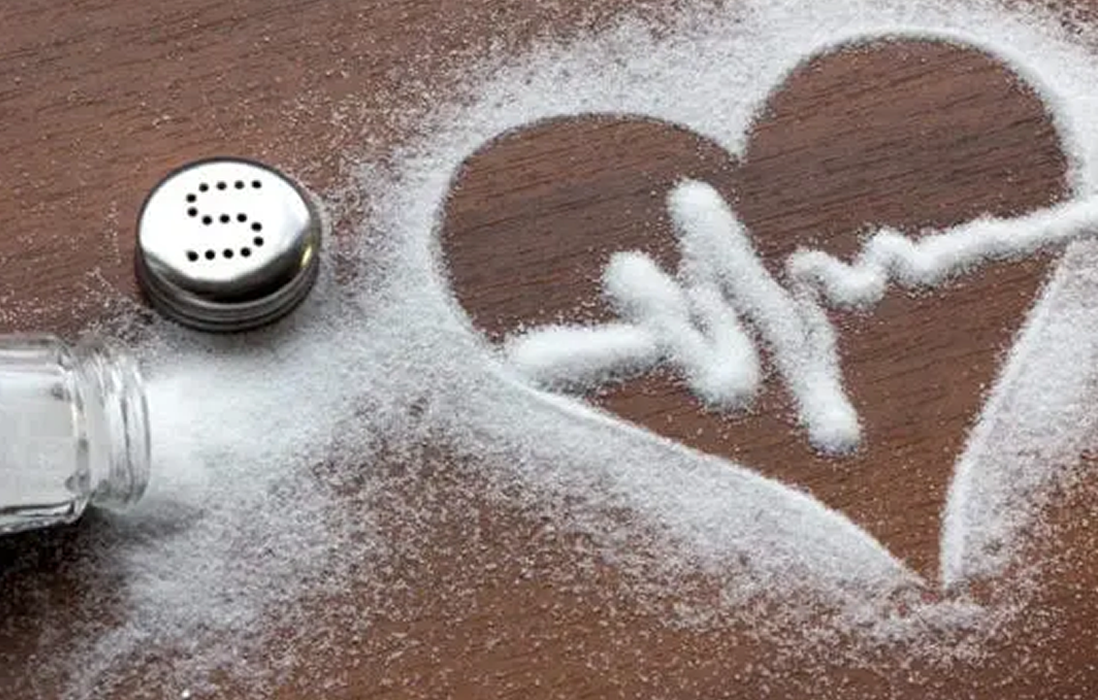Nutrition and Supplements
Do Salt Substitutes Improve Your Heart Health?
Salt substitutes with reduced sodium levels and increased potassium levels have been shown to lower the blood pressure, but their effects on cardiovascular and safety outcomes are uncertain.
A group of researchers in China, published an article in The New England Journal of Medicine in which they included nearly 21,000 participants from over 600 villages in rural areas of five provinces in China. These participants had a history of stroke or were 60 years old or older and had high blood pressure. They did an intervention, in which the participants used a salt substitute (75% sodium chloride and 25% potassium chloride), and the control group continued to use regular salt (100% sodium chloride).
According to their results, switching from table salt to salt substitutes can help reduce the risk of stroke in people over 60 with a history of high blood pressure or prior stroke.
The lead researcher Dr. Bruce Neal said that this study provides clear evidence about an intervention that could be taken up very quickly at a very low cost. Salt substitution could be used by billions more with even greater benefits.
A big question stemming from this research is whether it’s applicable in the United States and other countries outside of China. The researchers think that probably not because a big barrier for lowering sodium intake in the United States is that much of our sodium intake is not under our control. In China, most meals are cooked from scratch, so sodium intake is under the control of the food preparer. Americans consume far more pre-prepared and processed foods, and a lot of those items deliver a lot of sodium even before we pick up the salt shaker.
A plain bagel, for example, can contribute 450 milligrams of sodium, even before you put anything on it. The maximum recommended sodium intake is 2,300 milligrams a day, so one bagel is about 20 percent of an entire day’s sodium allotment.
Ultimately, the answer is not to figure out how to manipulate the sodium content of what we habitually eat, but rather to change what we eat. One easy way to reduce sodium in our diets is to purposefully add in foods that are naturally sodium-free, including all fresh fruits and vegetables. This helps to naturally displace higher sodium items.
The results from the study may not extrapolate to every population. But what’s clear is that excessive salt consumption has negative effects on our health and that even a small decrease in its consumption can have incredible potential benefits. Even when the changes are made after having health problems, such as a history of a stroke or high blood pressure, the change in salt consumption can decrease your risk of cardiovascular events and death by any cause.
Source:
Bruce Neal, et al. Effect of Salt Substitution on Cardiovascular Events and Death. N Engl J Med. August 2021. DOI: 10.1056/NEJMoa2105675.

